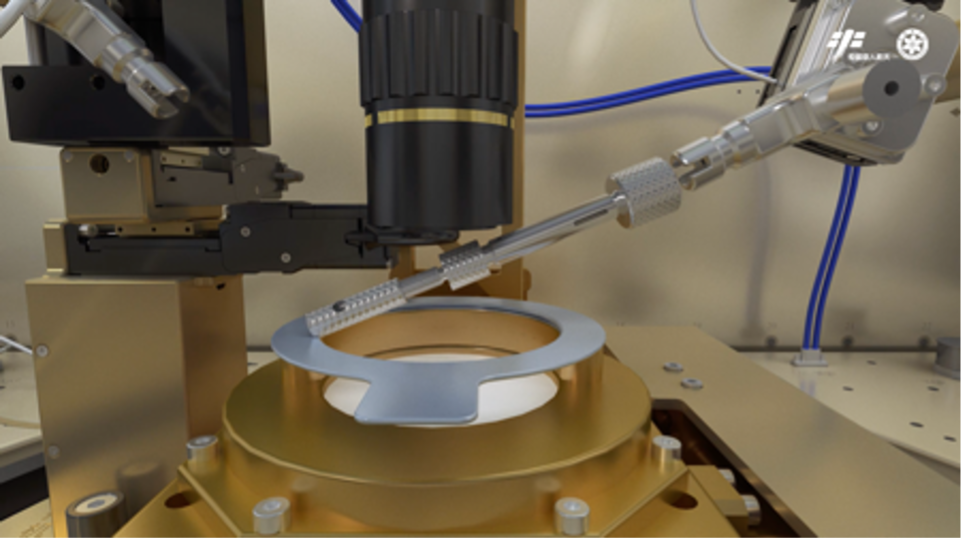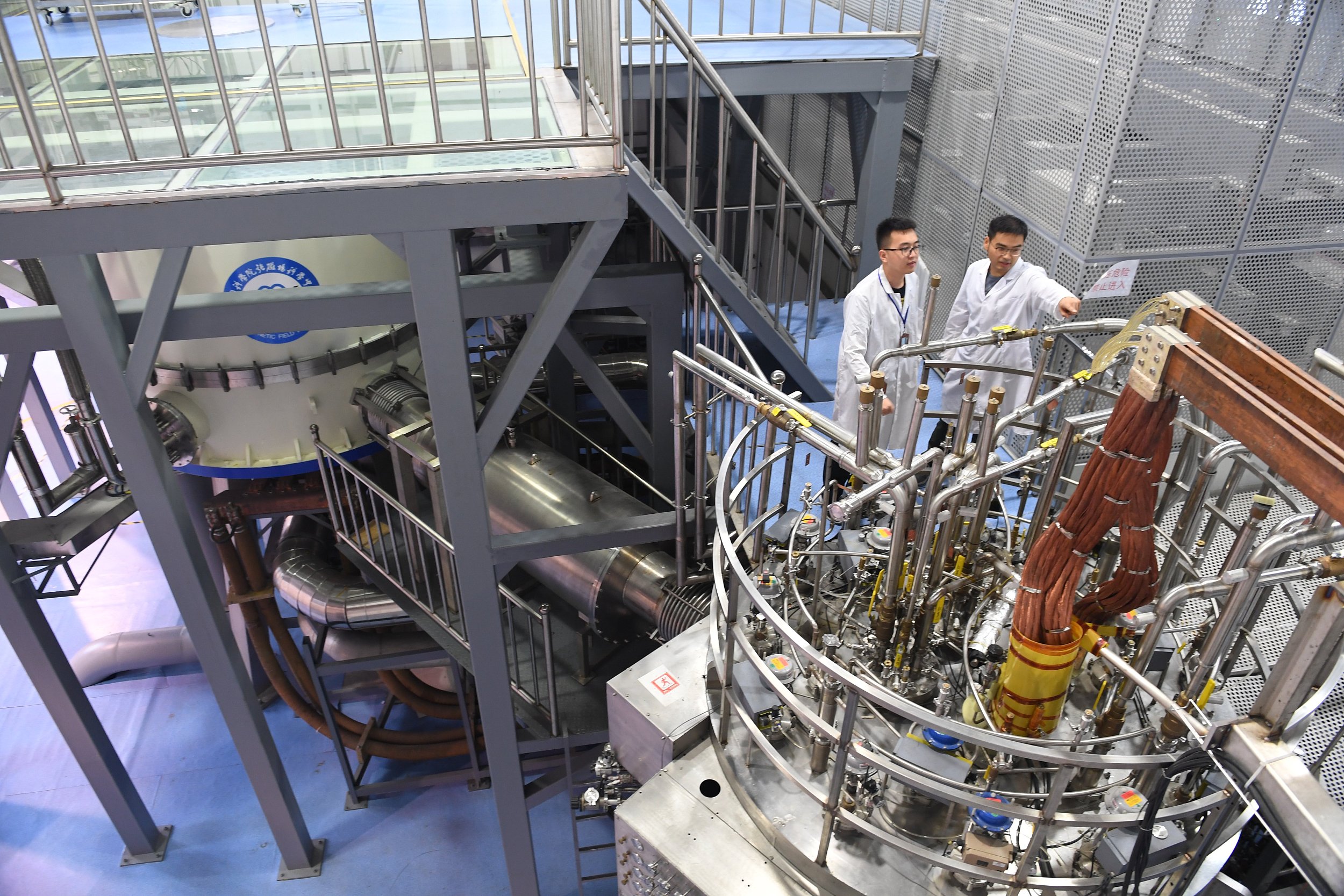Wentian Lab Module Focuses on Life Science

Taikonauts use glove boxes to collect samples in the Wentian lab module. (PHOTO: CAS)
By Staff Reporters
Equipped with eight experimental cabinets and multiple extravehicular load adapters, China's newly launched Wentian space lab module is designed to explore the origins of life and the universe.
The experimental cabinets will focus on space life science and biotechnology research, as well as research of microgravity fluid physics, space material science and new space application technologies.
A glove box in life ecology experiment cabinet provides a closed and clean operating space for scientific experiments in the lab. There, the light and wind can be adjusted automatically, with temperature controlled accuracy of 0.5℃ and micro-manipulation accuracy of five micrometers.
The micro-operating system and a robotic arm system are equipped within the box, assisting astronauts to carry out precise operations such as gene injections, nuclear extractions and chromosome cutting, etc. Once the operation is completed, the robotic arm will automatically clean the glove box.
To meet the requirements of continuous upgrading of scientific experiments in-orbit in the future, the glove box is also equipped with a variety of scalable coherent interfaces.
After using glove boxes to collect the samples, astronauts will store them in a refrigerator cabinet at -80 ℃ so that samples can be brought back to the Earth for further research.
The space refrigerator, which can set three temperatures of -80℃, -20℃, and 4℃ at the same time, is an indispensable cryogenic storage device in life science labs.
In addition, innovative combinations of the stirling engine and semiconductor chilling plate cut the energy consumption of the refrigerators to half that of other similar equipment.
Another experimental cabinet in the centrifugal module of the lab is to provide a variable gravity simulation environment, to support the comparative study of the biological growth mechanisms under different gravity conditions.
This experimental cabinet has been equipped with two centrifuges with the largest diameter of 900 mm.


